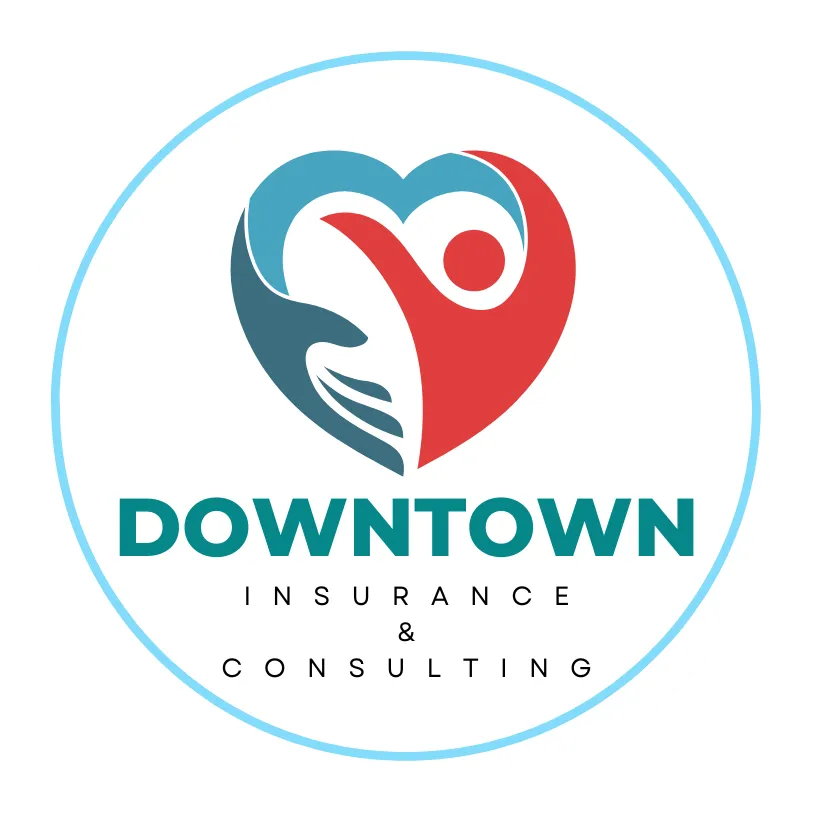Protect yourself from unwanted costs!
Medicare Coverage
Maybe you're asking this question
Is Medicare right for me?
Medicare can provide essential health coverage. Here's how Medicare might be the right choice for you based on the scenarios below:

I'm almost 65
Medicare is designed primarily for people age 65 and older. Once you reach this age, you become eligible for Medicare. Enrolling in Medicare around your 65th birthday is important to ensure coverage and avoid late enrollment penalties, unless you have other qualifying coverage.

I'm transitioning from employer - sponsored insurance
If you’re leaving a job or losing your employer-sponsored health insurance, Medicare provides a reliable and often cost-effective alternative. It's especially relevant if you're 65 or older or if employer coverage is no longer an option. Enrolling in Medicare can ensure continuous coverage and potentially lower your healthcare costs.

I have disability
Individuals under 65 with certain disabilities are also eligible for Medicare. If you have been receiving Social Security Disability Insurance (SSDI) benefits for 24 months, you automatically qualify for Medicare, providing comprehensive health coverage that may be crucial given your health needs.

I move to a new State
Medicare is a federal program, so your coverage moves with you, regardless of the state you live in. This makes it a convenient option for anyone relocating to a new state, as you won’t need to worry about finding new insurance providers or facing coverage interruptions.

I want to improve my coverage
Medicare offers various parts and plans that can help enhance your health insurance coverage. For example, Medicare Advantage Plans (Part C) often include additional benefits like dental, vision, and hearing coverage. Additionally, Medigap policies can help cover some of the costs not covered by Original Medicare.

My prescription drug costs are out of control
Medicare Part D provides prescription drug coverage, which can help manage and reduce your medication expenses. If your drug costs are high, enrolling in a Part D plan or choosing a Medicare Advantage Plan with integrated drug coverage can offer significant financial relief.
Do you fit any of these criteria? Get a Free Medicare Quote now!
Why do you need a Medicare?
Medicare is a critical component of health security for many, particularly as they age or face specific health challenges.
Comprehensive Coverage
Medicare is designed to offer comprehensive health care coverage. It includes hospital insurance (Part A), medical insurance (Part B), and optional prescription drug coverage (Part D). Additionally, Medicare Advantage Plans (Part C) provide an alternative way to receive your Medicare benefits, often including extra services like dental, vision, and hearing care.
Affordability
Health care costs can escalate as you grow older or if you have chronic health issues. Medicare provides a cost-effective solution for health care, often offering lower out-of-pocket costs compared to private health insurance. It’s structured to keep hospital and medical costs manageable for those on fixed incomes.
Protection Against High Medical Cost
Unexpected medical issues can lead to significant financial burdens. Medicare provides peace of mind by covering many high-cost medical services like surgeries and hospital stays. Supplemental plans like Medigap can further help cover additional costs, reducing financial stress.
Regulatory Protection
Medicare is a regulated program with standardized benefits which protect beneficiaries. You’re guaranteed certain rights and protections designed to ensure you receive necessary medical care without undue burden.
National Coverage
Since Medicare is a federal program, it provides coverage across the United States. If you move to another state or travel, you still have the security of knowing that your health care follows you, maintaining continuous coverage.
Support those with disability or Chronic Conditions
If you are under 65 and have disabilities, you can qualify for Medicare. This aspect of Medicare ensures that individuals who have long-term health problems receive adequate medical support without undue financial hardship.
Prescription Drug Coverage
As prescription drugs form a significant part of medical treatment, especially for chronic diseases, having Medicare Part D can help control these costs. This is especially crucial for those who require multiple or expensive medications.
Find your new Medicare plan the easy way.

DownTown Insurance and Consulting LLC is committed to protecting your privacy and security. Copyright © DownTown Insurance and Consulting LLC 2024. All Rights Reserved. We are a Licensed Insurance Agent for General Lines, Health and Life.




